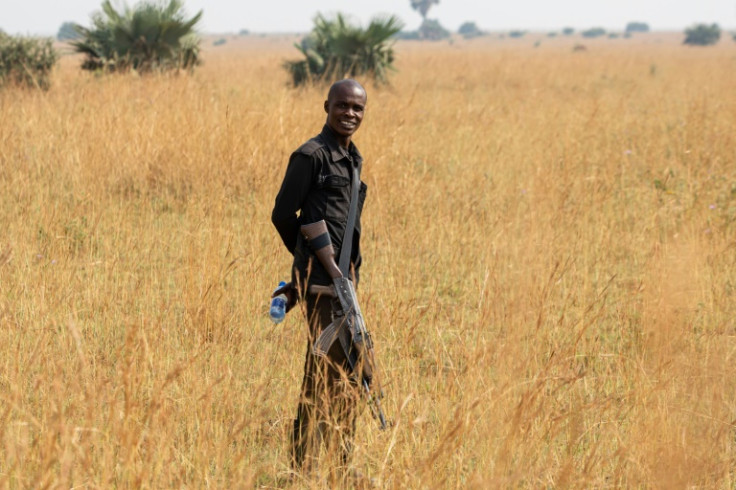National Snare Mitigation Symposium: Collaboration, Partnerships Key To Tackle Wildlife Crime

The national Snare Mitigation Symposium held in Pretoria was focused on how collaboration and partnerships are essential for addressing illegal wildlife snaring.
The symposium was attended by Department of Forestry, Fisheries and the Environment (DFFE), the Cape Leopard Trust (CLT), the Endangered Wildlife Trust (EWT), the South African National Biodiversity Institute (SANBI) and South African National Parks (SANParks).
The event was attended by wildlife crime experts, government officials and various stakeholders to discuss the complex issues related to snaring. Around 140 delegates at the symposium explored the impacts, causes and possible solutions to this growing threat to wildlife and the economy.
The symposium examined snaring from many different perspectives and angles, noting that snaring is driven by a range of complex social, economic and cultural factors.
"Information gained through the symposium highlighted that animals are snared largely for personal or commercial use and is occurring at unsustainable rates across all provinces and in diverse landscapes," the statement mentioned, SA News reported.
It added, "Sadly, many species including leopard, lion, hyena and other predators are killed as by-catch in snares originally set for bushmeat."
The joint statement mentioned further that there is a need to move away from a 'fortress' mentality and focus more on involving communities and promoting sustainable practices to address wildlife snaring.
It emphasized that communities living with wildlife and those affected by snaring need to be actively involved in developing and implementing solutions. Solutions must be inclusive and tailored to the needs of the people in affected areas.
The symposium also highlighted new technologies for better snare detection and data collection. Key decisions from the symposium included conducting more research on the causes of snaring and alternative livelihood options.
Moreover, improving laws to tackle snaring and other wildlife crimes, centralizing reporting and monitoring to understand the problem better, and raising awareness about the impact of snaring on biodiversity, the economy, and community well-being are important.
The statement said that moving forward, there will be more focus on teamwork and communication between the government, private sector and civil society. The goal is to find long-term solutions that benefit both people and wildlife.
© Copyright 2025 IBTimes ZA. All rights reserved.


















